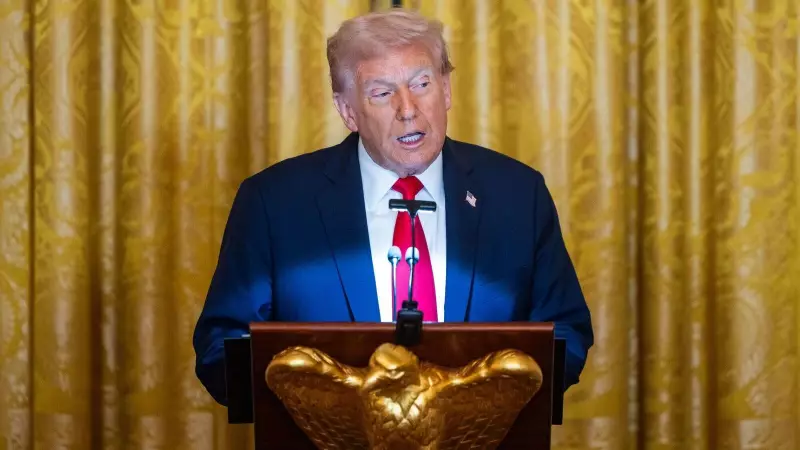
In a significant geopolitical development, former President Donald Trump is being strongly advised to make an appearance at India's forthcoming Quad summit. This strategic participation is viewed as crucial for reasserting American leadership in the Indo-Pacific region while addressing what experts describe as "the most serious challenge" posed by China's growing influence.
Why This Summit Matters Now
The Quadrilateral Security Dialogue, comprising the United States, India, Japan, and Australia, has emerged as a cornerstone of regional stability. With China's assertive posturing across Asia Pacific, this gathering represents more than just a diplomatic meeting—it's a demonstration of democratic unity against authoritarian expansion.
The China Factor
Beijing's increasing military activities in the South China Sea, border tensions with India, and economic coercion tactics have elevated concerns among Quad members. The summit provides a platform to coordinate responses and present a united front against what many security analysts consider the defining geopolitical challenge of our era.
Strategic Implications for US-India Relations
Trump's potential participation signals a continuity of America's commitment to the Indo-Pacific strategy, regardless of administration changes. For India, hosting this high-profile summit reinforces its position as a key regional power and reliable US partner in maintaining the balance of power in Asia.
What's at Stake
- Demonstration of US commitment to Asian allies
- Coordinated approach to maritime security
- Economic cooperation alternatives to Chinese initiatives
- Technology and infrastructure development partnerships
The upcoming Quad summit in India represents a critical juncture in Asian geopolitics. As China continues to expand its influence through economic and military means, the democratic nations of the Quad are positioning themselves to offer a compelling alternative vision for the region's future.





